“All I wanted to express was reality, for nothing is more surreal” (George Brassaï)
Brassaï, pseudonym of Gyula Halász, was born on the 9th of September 1899 in Brasov, Romania. His father worked as a professor of French literature. When Brassaï was at the age of three, his family lived in Paris for a year and his father taught at the Sorbonne. Later on, in 1920 Brassaï returned to Paris, a city he had fallen in love with. The city of light soon drew him into the artistic life around the Montparnasse and in 1932 he became a good friend of Picasso.
First published in 1933, Paris By Night, of which I own the fine reissue by Flammarion (2011), is a steppingstone in photography, offering a look into the Paris night; a world complete in itself, with its own story, its own characters. Having tried my hands at night-time photography, I never really given full consideration to the fact that the night is not a continuation of the day with different exposure settings, nor is it simply its negative. Paul Morand eloquently makes this point in the foreword of the 2011 issue, when he writes about the night:
“Night is not the negative of day; black surfaces and white are not merely transposed, as on a photographic plate, but another picture altogether emerges at nightfall. At that hour a twilight world comes into being, a world of shifting forms, of false perspectives, phantom planes. There is something eerie, even disconcerting, about the process . . . ” (Paul Morand)
Yes. When I turn the pages of the 62 duotone photographs in this book, based on Brassaï’s original photographic plates, the Paris twilight world slowly draws me into its ‘phantom planes’, and in doing so I experience the weight of anticipation, as If I am soon to discover something troublesome within the frame. Slowly, my eyes become acclimatized to the night setting and I wonder about the people in front of the lens, such as the photo of a lone prostitute standing in a corner, a gas lamp casting her shadow onto a gloomy sidewalk. The situation speaks of strife, of a lonely existence at the edge of night. Here Brassaï’s work takes on both social commentary and surrealism at the same time.
Beyond such experiences that the book brings, stands the work itself, the effort that Brassaï must have endured to capture such photographs in 1933. The more I reflect upon the body of work, the more I wonder about Brassaï’s habits as he ventured out at night. How long were these night shifts alone among the streets of the negative of day? How did Brassaï handle exposure settings with such technical prowess back in 1933? Did he talk to the people beyond his Voigtlander camera?
I do not need to have my questions answered.
Brassaï, The Photographs.
Without further ado, here are four selected photographs from Paris by Night. I have included shortened (ellipsis) versions of the comments to them, which exists in the comments section of the book.
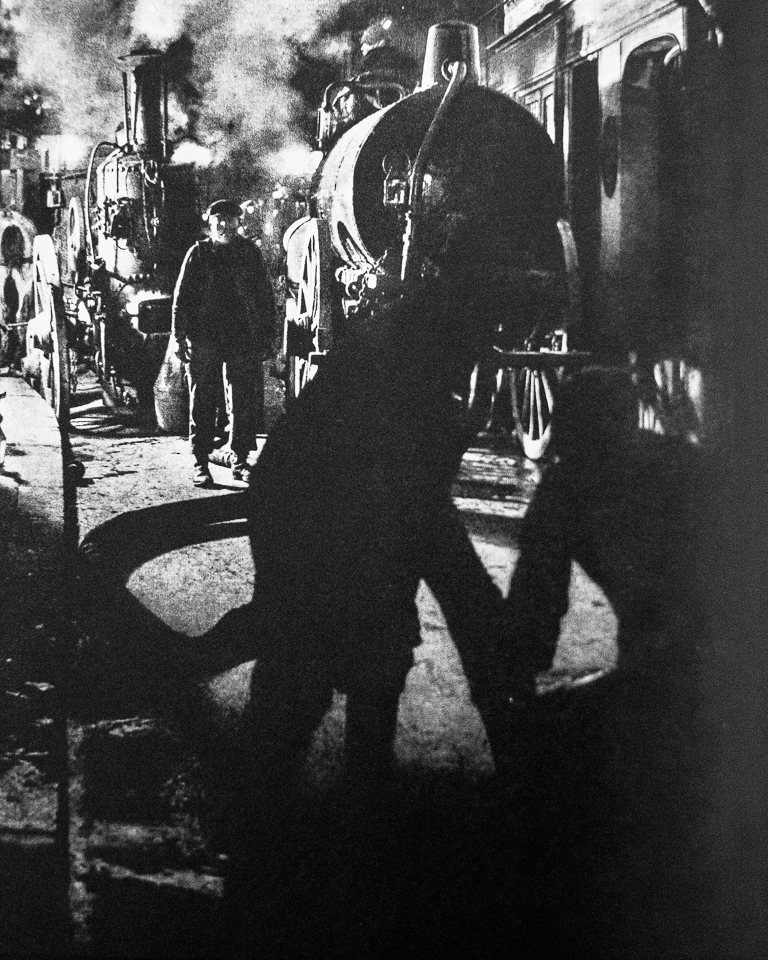
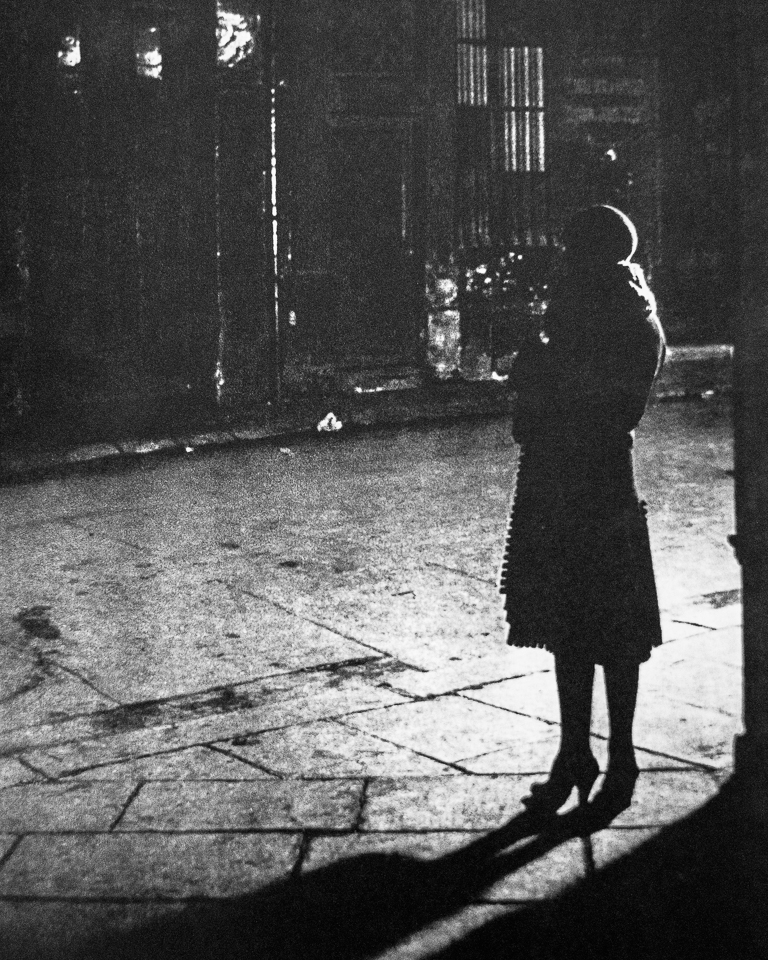
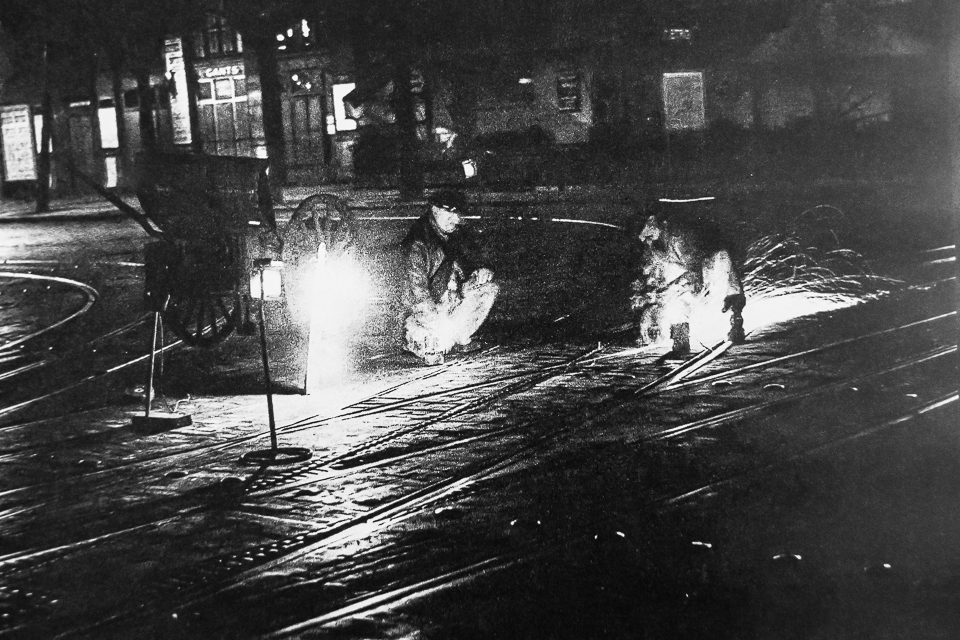
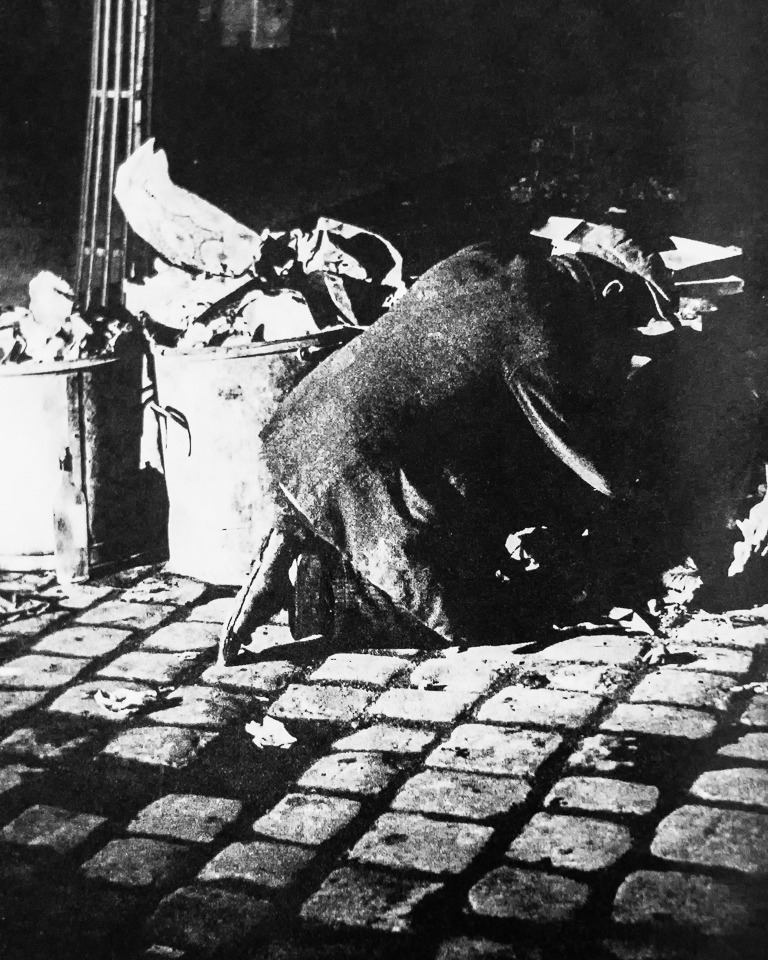
Thankyou to Flammarion for kindly providing me with the original image file of the book cover. All other photographs are photographs taken by me of the original photographs. All quotes and shortened quotes are from the book and credited as: ©Brassaï: Paris by Night (Flammarion, 2011). All rights reserved.
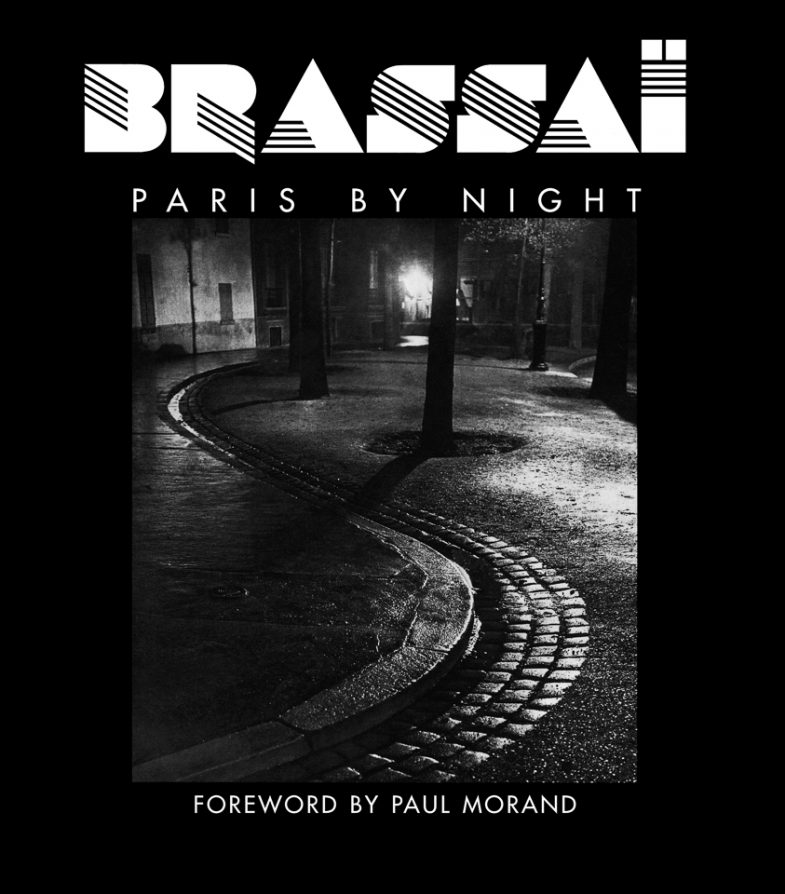
Permalink
I liked the quotation of Morand, which highlights the peculiarity of the world of the night. Impressive work with an atmosphere that could remind us of the classics of literature and painting that describe the “ventre de Paris”
Permalink
Yes, Morand writes with much insight and perception about Brassaï. Thankyou for your words.
Permalink
Thank you for directing me to this; very interesting and a wonderful piece written by you. I particularly like the quotation from Brassai himself at the beginning – I often feel that nothing is more surreal than reality (especially in these interesting times) and it is always comforting to know that others both now and in the past have felt the same. Looking forward to seeing more of your work and ideas.
MSC
Permalink
Thankyou very much for you words Mallory, I’m always glad to know that visitors like yourself find my scribblings and book introductions useful. Stay tuned for more to come 🙂
Trackbacks
Permalink
Permalink